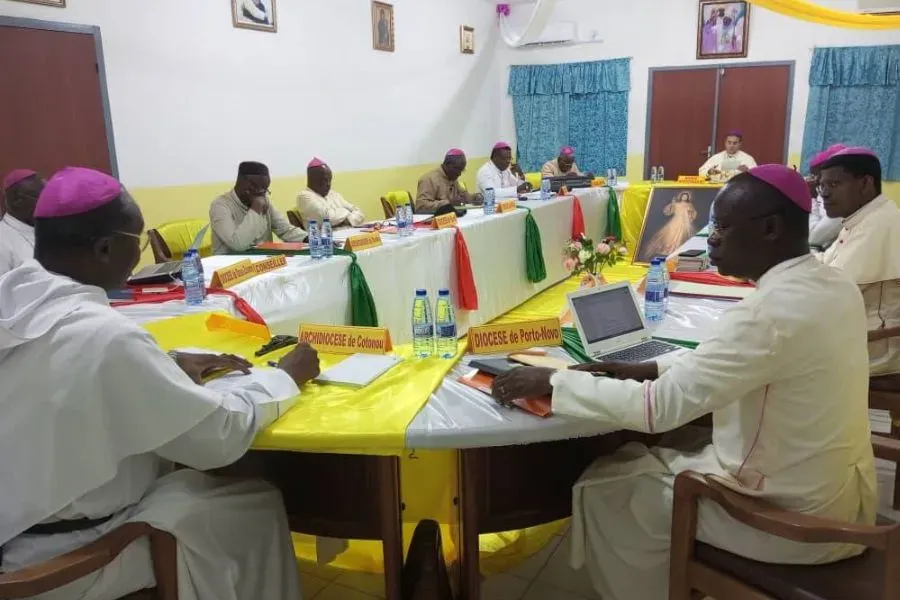Cotonou, 22 January, 2024 / 5:36 pm (ACI Africa).
Catholic Bishops in Benin have, at the end of their ordinary assembly, highlighted five challenges the people of God in the West African country are facing, which they want addressed for lasting peace.
In their collective statement issued January 19, members of the Episcopal Conference of Benin (CEB) highlight irresponsible politics, insecurity, the lack of “love for work”, increase in road accidents, and deviant and self-destructive behaviours as issues they want addressed.
Irresponsible politics takes the form of “irresponsible utterances” that Benin’s politicians make, the Catholic Bishops lament, and invite “all political players, whatever their political persuasion, to always aim for the best interests of the nation in their positions and decisions.”
“May the Holy Spirit, the Spirit of Wisdom and the Fear of God, always inspire them with the right words, the right actions, and the best orientations for the good of all, for the relaxation of the political atmosphere, and above all for the preservation of peace and national unity,” CEB members say.
On security chellange, Catholic Bishops in Benin express concern about “hostage-taking, kidnappings and human sacrifices.”








